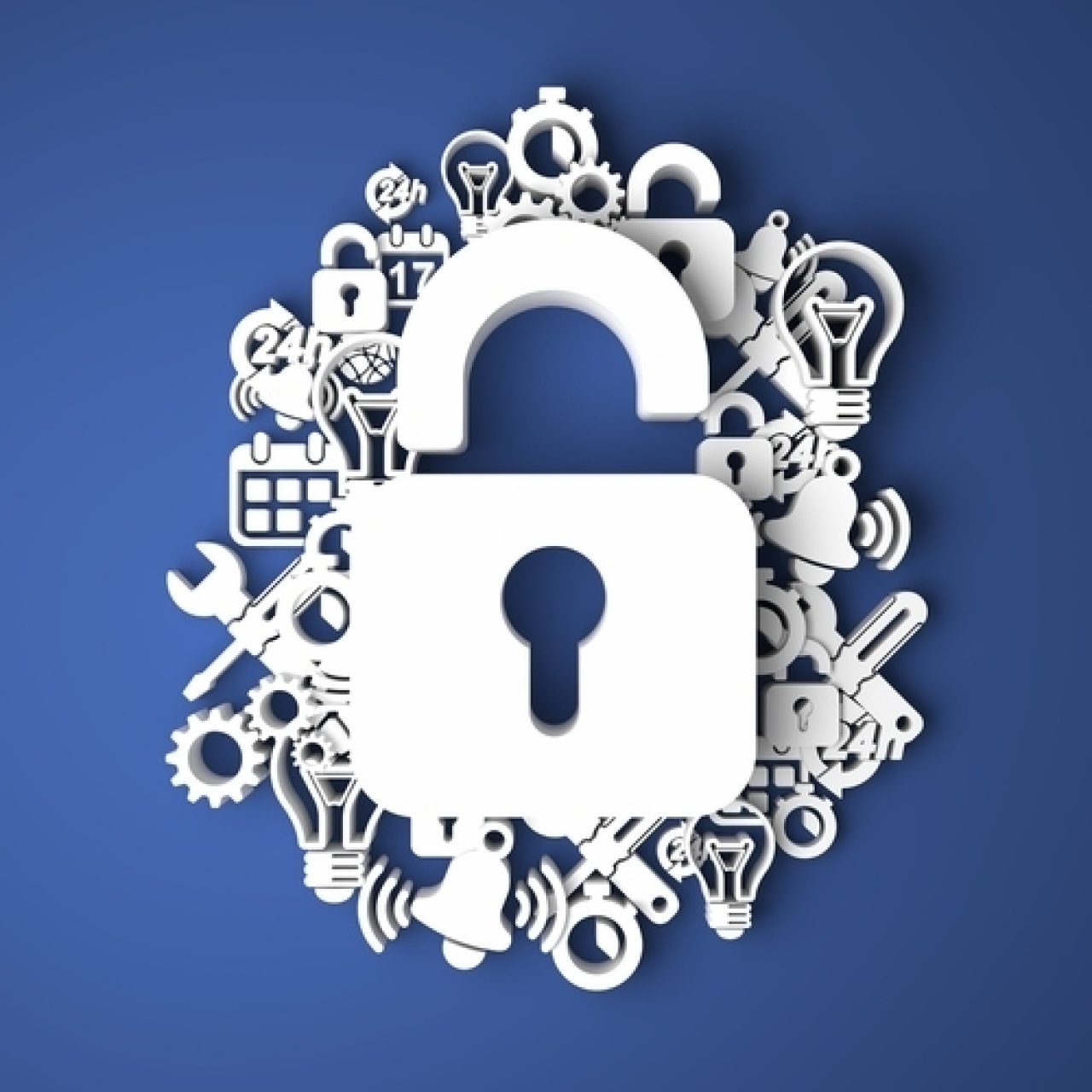The Seven Most Common Internet Security Mistakes (Part 2 of 2)
Last week we shared some important Internet security tips, brought to you by Matthew Scholle, one of our great tech experts. Here is the second part of Matthew’s advice. Mistake #4 Downloading free software from an unknown source, especially one that “comes to you” via email or a pop-up ad, is often a source of
Last week we shared some important Internet security tips, brought to you by Matthew Scholle, one of our great tech experts. Here is the second part of Matthew’s advice.
Mistake #4
Downloading free software from an unknown source, especially one that “comes to you” via email or a pop-up ad, is often a source of infections. Unsolicited freebies may actually be malware in disguise.
Tips to Avoid Mistake #4/strong>
You don’t really need a “free virus scan” if you already have antivirus software; just run a program that you can TRUST. Trend Micro Titanium Maximum Security is the #1 anti-virus software on the market, and it’s available through Bask.
When you see these “free” offers, read the whole ad, including the small print. If you are uncertain, simply don’t click. A lot of scam ads will offer features they don’t have. You can search online to find out if anyone else has experience with the software you’re looking at.
Mistake #5/strong>
Not using security questions. Using security questions can protect your online accounts even if someone steals or guesses your password. Security questions also allow us another avenue of account recovery in case of a lost password.
Tips to Avoid Mistake #5
It takes only a minute of effort to add this extra layer of security to your logins. An ever-growing number of web services providers, large and small, are offering security questions for their accounts; Google, Twitter, Facebook, Microsoft, Apple, and online banking sites are just a few examples.
Mistake #6
Leaving your WiFi access without a password to authenticate users, or without other security options.
Most high-speed Internet providers supply you with a router that enables wireless—or WiFi—connections in your home. But if it's not set up correctly, WiFi can leave you open to hackers and unauthorized logins to your Internet service. Such situations can lead to identity theft, or even legal trouble for you.
Tips to Avoid Mistake #6
Failing to put a password on your WiFi lets anyone within range of your wireless router join your network. If file and printer sharing are also enabled, random passersby may be able to sift through files on every computer on your home or office network. Remember Tips to Avoid Mistake #1 from last week, and create a strong password.
Another important tip: Choose WPA or WPA2 encryption, and not WEP. Encryption means that the network is scrambling passwords into characters that no one can understand, keeping hackers from stealing them. WEP is the oldest and weakest encryption method—it’s the easiest for hackers to crack—so you want to avoid using it if you can.
Consult with your Bask technician about any other tips to strengthen the security of your wireless network.
Mistake #7/strong>
Putting out too much personal information on social networks, blogs, and other online forums is all too common. It’s often easy for someone to track down the home address and schedule of those who “over-share”.
Tips to Avoid Mistake #7
Avoid posting your email address, phone number, home address, vacation plans, and other personal info on Facebook, Twitter, etc. Wait until after your big trip to Hawaii to post about it. If you post something as simple as “Hey, I’m off to Scotland for the next week!” you’re practically inviting thieves to help themselves to your belongings.
Also, never share your social security number casually or in a public forum. Failure in this area could lead burglars to your door, give identity thieves an opening to exploit, or have phone call scams sent to your home phone.
In today’s technology-heavy world, it’s imperative that we all understand these kinds of situations, and learn how to avoid them. Be aware and protective of yourself and your personal information online. There is no such thing as being too prepared.

 Member Connect
Member Connect